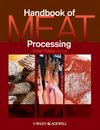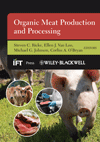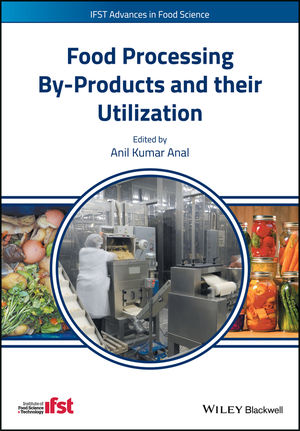AMI Offers a Unified Front Against Challenges
By Richard L. Bond,
president and CEO of Tyson Foods, Inc.
The American Meat Institute’s (AMI) role is important to the meat industry because of the unified position it offers to its members, especially in dealing with governmental agencies on issues such as trade, regulation, the environment or immigration.
AMI can speak as a voice for industry and have more clout. A lot of the large companies, such as Tyson, have offices in Washington, and address some of the same issues as AMI. But when AMI speaks as a group, it does — and should — have more clout and influence.
I’m proud to serve as the current Chairman of AMI. Our company also has representatives on AMI committees, and we participate in many of the organization’s conventions and related events. We fully expect to remain actively involved because AMI is important to our company and our industry.
We think highly of AMI staff, fellow officers and members. The professionalism of the people, from Patrick Boyle to the senior vice presidents and staff, is impressive. They’re tremendously competent and make for an effective trade association. They’re extremely responsive and a strategic group.
AMI is there for everyone in the meat-processing business, from companies in fresh turkey, beef and pork production, to those who produce value-added, processed meats.
While the National Chicken Council (NCC) represents the broiler side of the poultry industry, the NCC works cooperatively with AMI. Labor, regulatory and trade issues are always being dealt with throughout the meat and poultry industry. For example, AMI and NCC have collaborated in helping chicken processors deal with public concerns about avian influenza.
We must continue to be prepared for the possibility of Asian avian influenza penetrating our borders. Fortunately, we have the wisdom gained through our BSE experience to share with the poultry sector and help guide the industry in our crisis response. AMI will also continue to play an important role in other issues, such as efforts for harmonized trade standards and international guidelines. We must continue our efforts to restore full trade. Through AMI, our industry will also continue to urge Congress and the government administration to create a meaningful guest-worker program to provide legal workers for our industry and to provide a path to legalization for those already working hard and paying taxes.
Environmental stewardship and sustainability are increasingly important matters. Through AMI we must continue to confront these issues with the same earnest and science-based approach we’ve successfully used to other areas. AMI is working closely with regulators at the Environmental Protection Agency, and our industry has become a leader in developing and implementing environmental management systems. AMI also has an environmental awards program — the annual MAPS award — which recognizes environmental progress within plants.
While our food-safety progress is clear, nature always keeps life challenging with new developments. But the AMI Foundation is healthy and poised to meet them. For example, the industry will continue to work to identify new ways to control Salmonella in the same aggressive and effective ways we’ve reduced incidence of E. coli and Listeria.





